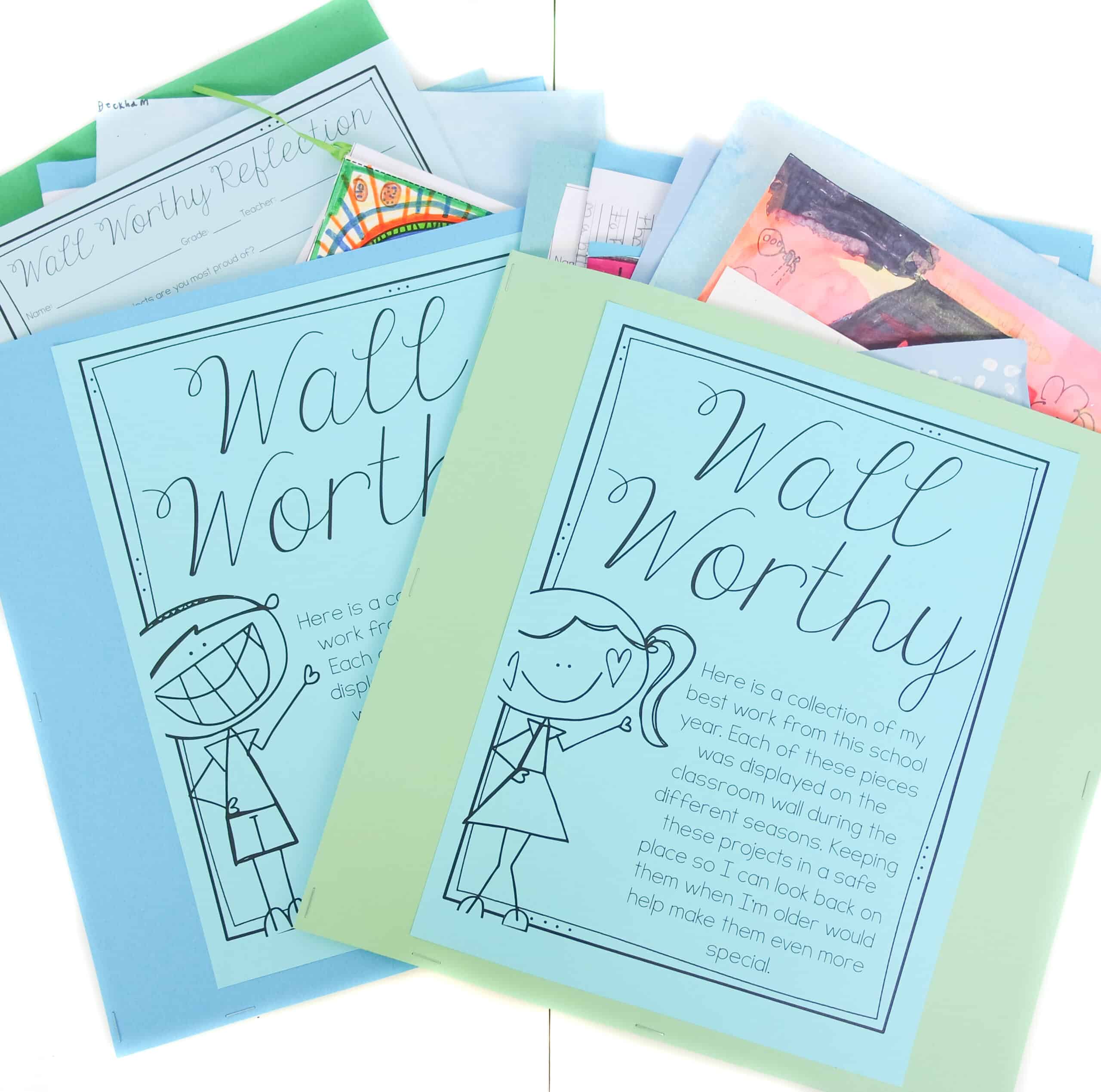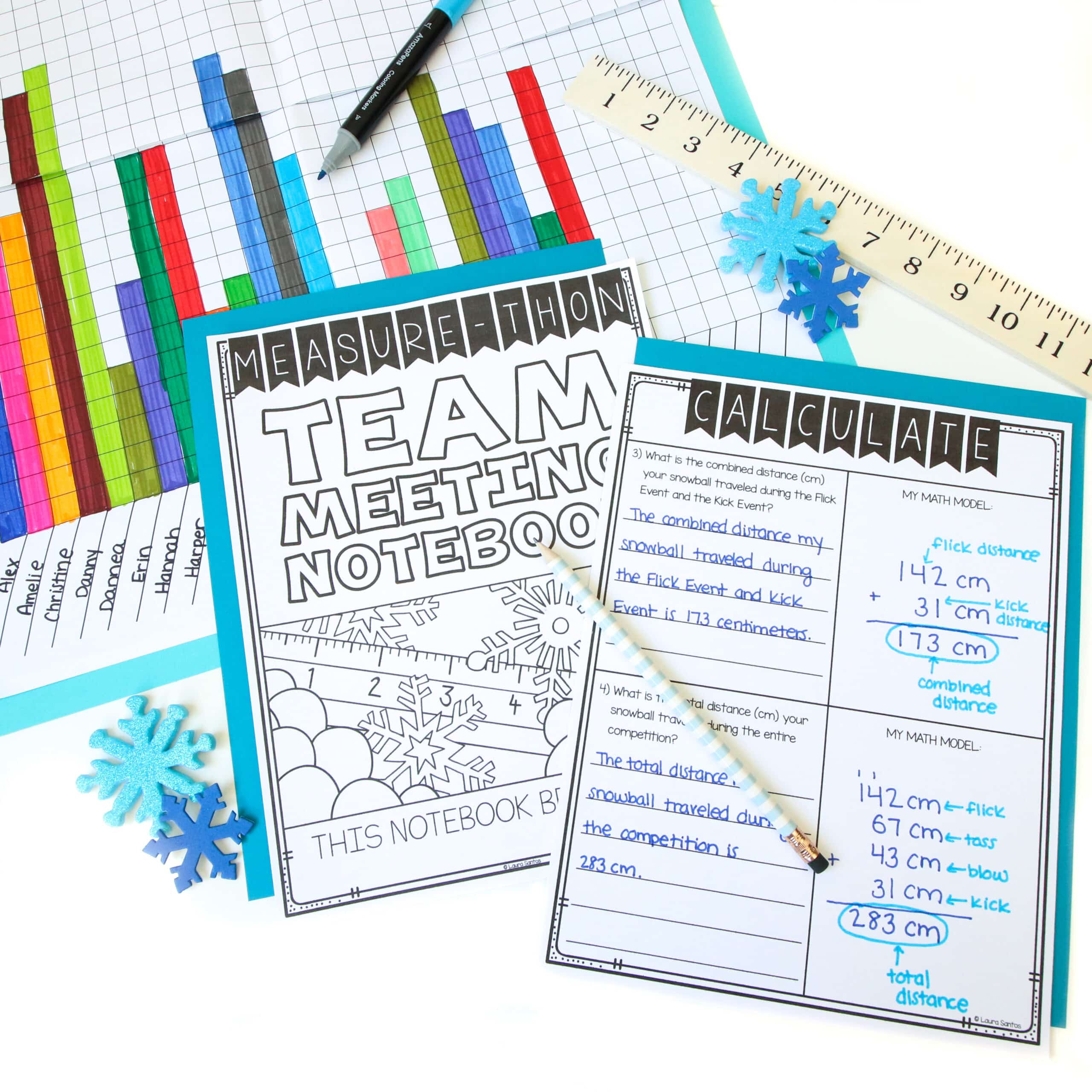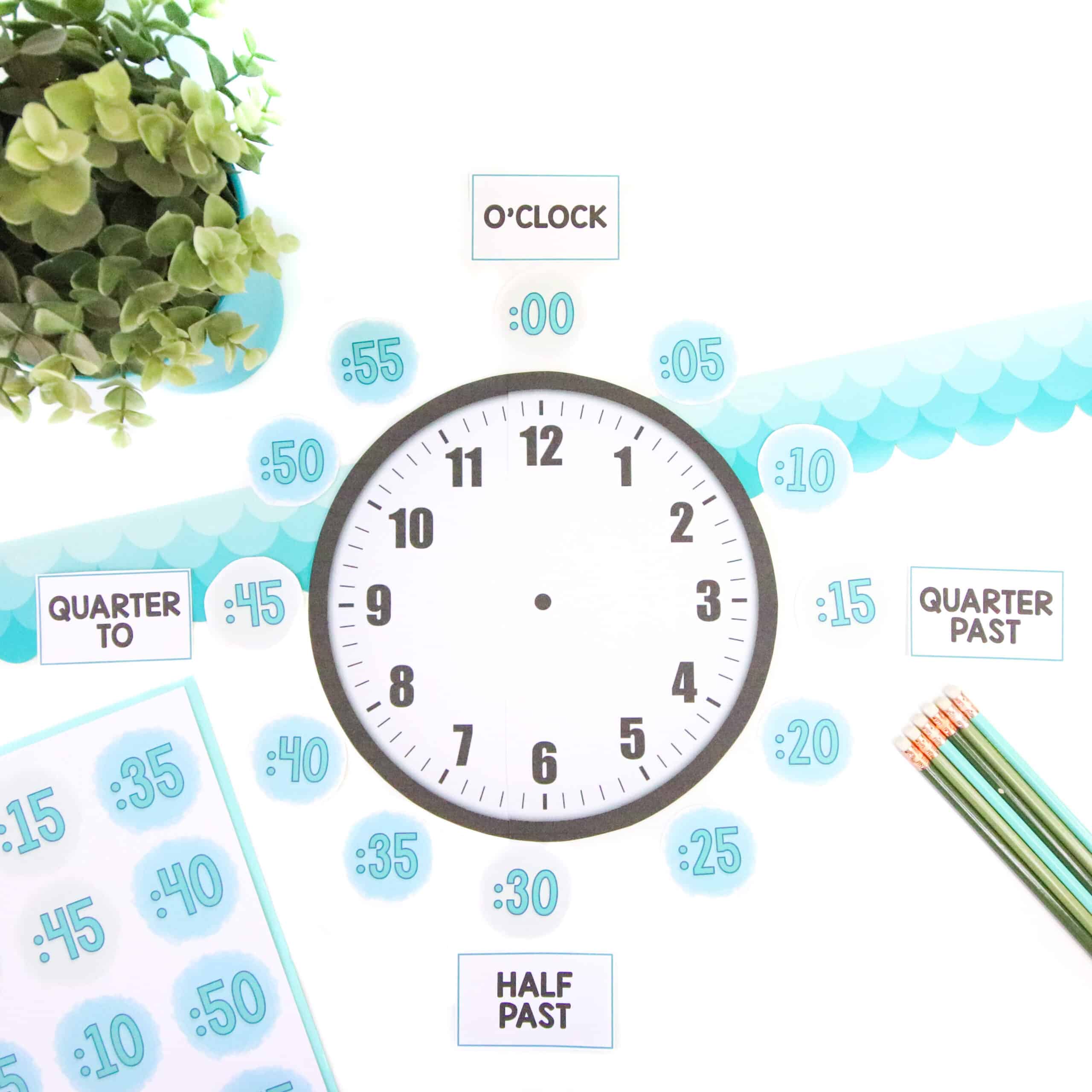Are you looking to add more excitement to your math test prep approach this year? Worksheets, practice tests, and test-taking strategies still have their place in any test prep routine, but there’s a more engaging and effective way to prepare students for standardized tests.
Project-based learning can bring life to your test prep routine this school year! It is an easy way for students to:
- practice math skills required for the multiple choice portion of their test
- apply in-depth problem-solving in preparation for the performance task portion of the test
Using math projects during math test prep season allows students to actively apply mathematical concepts and skills to real-world scenarios. Instead of simply memorizing test-taking strategies and working through one practice test after another, your students can engage in hands-on projects that require critical thinking, problem-solving, and strong communication skills.
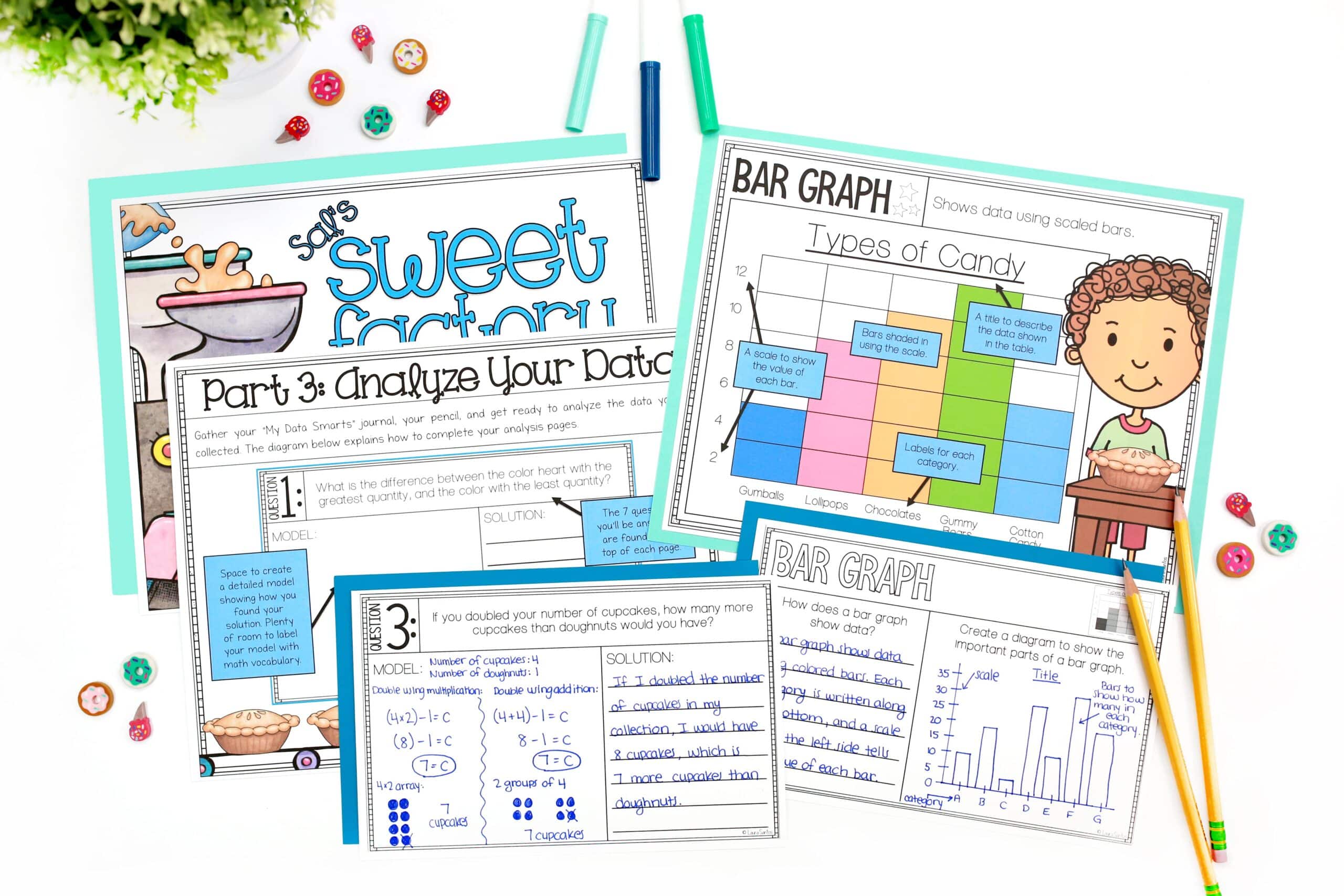
Through this project work, students develop a deeper understanding of mathematical concepts and how they relate to the world around them. This makes it easier to understand and solve the complex performance tasks on their state math assessment.
An added benefit to swapping out some of those practice tests for a math project? Your students will enjoy more fun, creativity, and curiosity during your math block each day.
Let’s dive deeper into how project-based learning offers a refreshing and effective alternative to traditional math test prep methods. By using this math test prep approach in your classroom, you can create a dynamic and engaging learning environment where students feel challenged in fun ways.
Why Practice Tests Aren’t The Most Effective Approach To Math Test Prep
Traditional practice tests and workbooks filled with sample test questions have long been a go-to method for math test prep. However, they often fail to keep students engaged and provide them with a deeper math understanding that sticks.
These practice tests tend to focus on test-taking tips and tricks, memorization, and repetitive exercises, which can lead to a lack of interest and motivation among students.
The Benefits of Using Project Based Learning for Math Test Prep
Project-based learning offers a refreshing alternative to traditional test-prep methods. It allows students to apply their knowledge in real-world scenarios, making math come alive. Instead of memorizing test-taking strategies and solving abstract problems, students engage in hands-on activities that require critical thinking and problem-solving while developing strong communication skills.
When working on projects, students learn how to apply their math knowledge to solve problems that have another level of interest, which brings more meaning to the math skills you’ve introduced them to throughout the year. As your students work on their math projects, they will also have consistent opportunities to think critically and analyze information because they have to make decisions and justify their reasoning throughout the project.
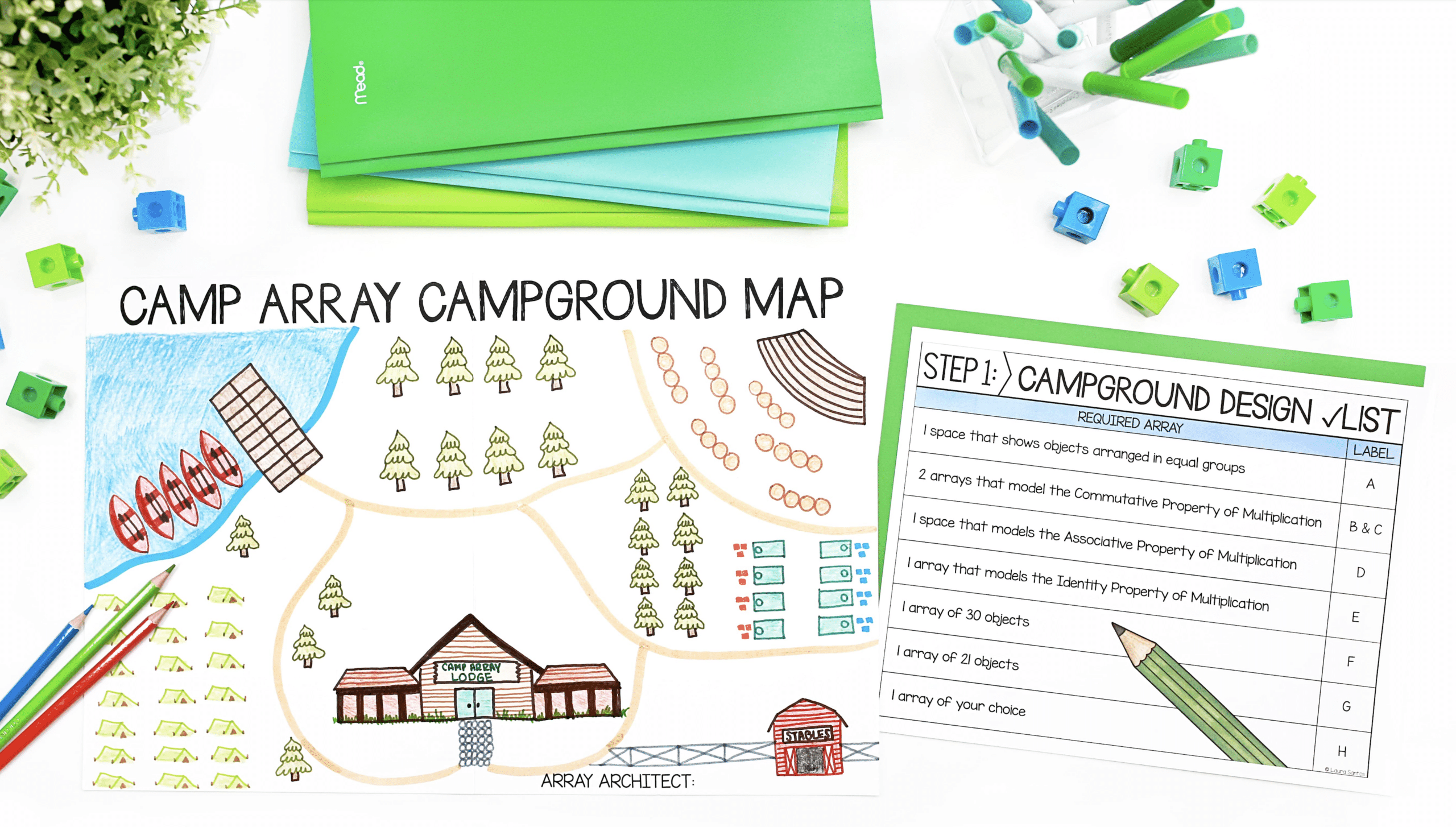
Math projects are also an excellent way to boost student ownership and motivation. As your third graders engage in project based learning, they become more active participants in their learning, taking responsibility for their progress and outcomes. This increased engagement and motivation translates into improved test scores and a greater sense of confidence in their math abilities.
Avoiding Math Test Prep Burnout By Adding More Fun
Oftentimes, teachers find their students head into testing week exhausted and disengaged from the traditional test prep approach. The amount of time and energy you’ve put into preparing them likely also has you longing for testing to be over and done with as soon as it begins. This energy is absolutely contagious and makes it more difficult for students to head into state testing with confidence.
Rather than dedicating huge blocks of time to formal test prep and practice testing, I invite you to schedule a couple of short practice test sessions that are focused solely on how to navigate the technology skills required or testing (logging in, showing work, the formatting of different types of question and answer forms, pausing the test for breaks, etc.)
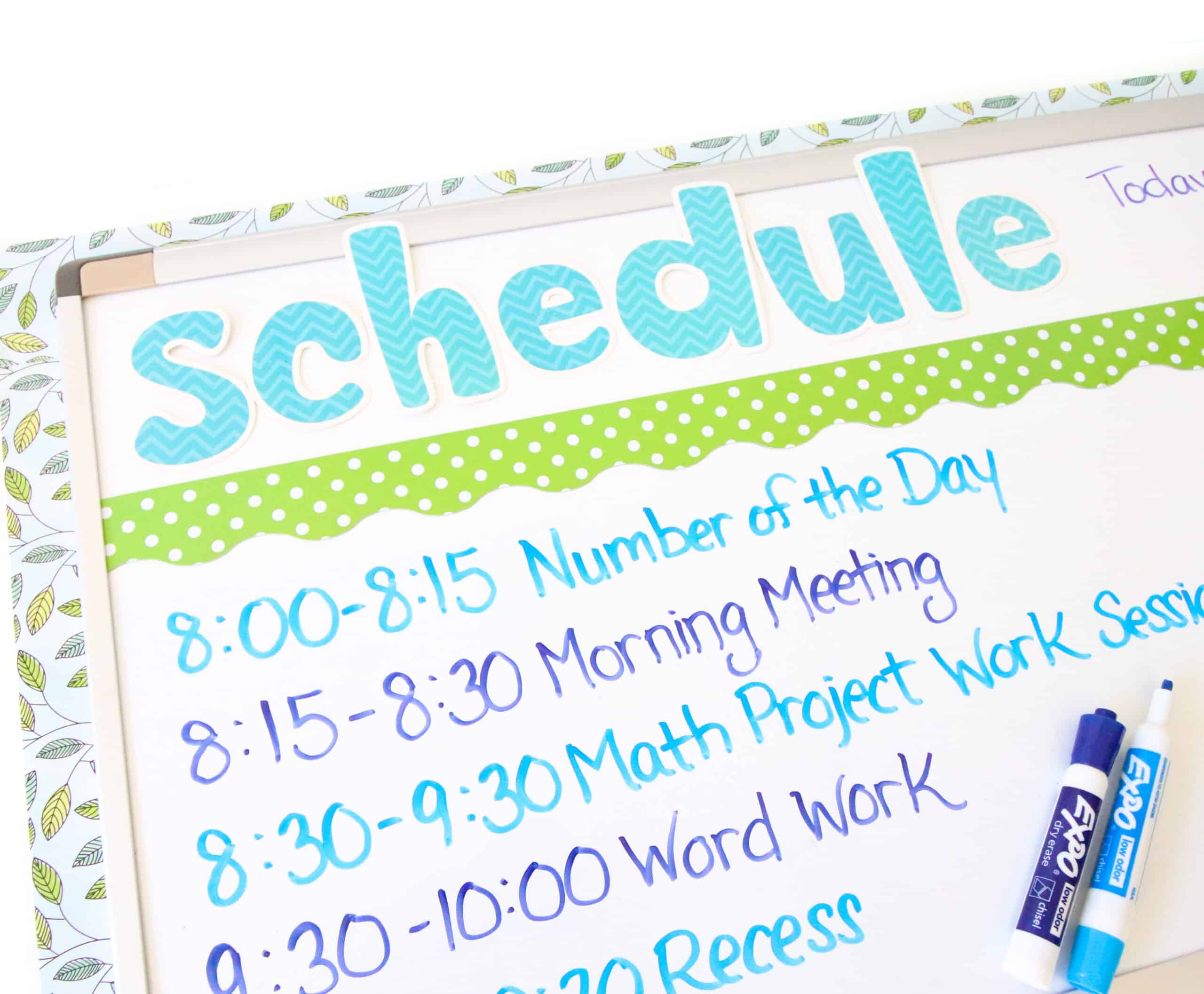
Dedicate the rest of your “test prep hours” to unique projects like these that allow students to develop the important skills that will help them succeed during the test, but will also translate to math success far beyond the state testing window.
Using this approach will make math learning feel more relevant and meaningful to your students while easing their anxiety and anticipation for the big test.
Projects You Can Use for Math Test Prep This Year
If you’re ready to give the project based learning approach to test prep a try with your students, check out these pre-made project guides.
Each project is designed with student independence in mind. Detailed instructions and visuals are provided for students so they can carry out their math project with maximum independence. You can guide them as needed, and meet closely with students who need more scaffolding and support.
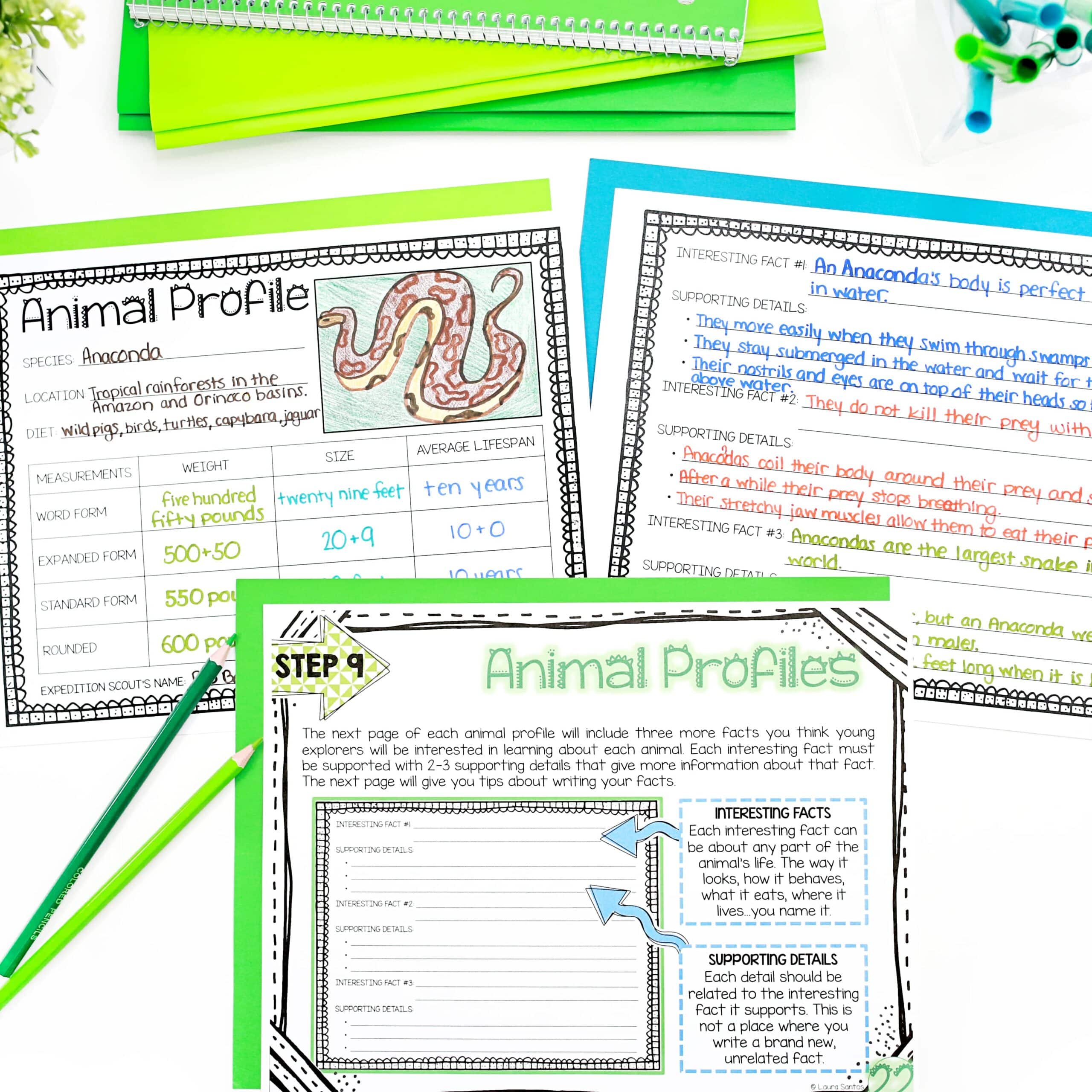
3RD GRADE Projects for Math Test Prep
- Quadrilateral City (Geometry)
- Place Value In the Wild (Place Value, Rounding)
- Camp Array Architect (Multiplication & Arrays)
- Winter Wonderland Array Architect (Multiplication & Arrays)
- Time of Your Life (Telling Time & Elapsed Time)
- Fraction Flower Festival (Fractions)
- Val’s Heart Factory (Data & Graphing)
- Sal’s Sweet Factory (Data & Graphing)
4TH GRADE Projects for Math Test Prep
- Place Value In the Wild (Place Value, Rounding)
- Camp Array Architect (Multiplication & Arrays)
- Winter Wonderland Array Architect (Multiplication & Arrays)
Ready To Give Math Project Based Learning A Try This Test Prep Season?
As you prepare to enhance your 3rd graders’ math test prep experience, remember that the shift to project-based learning brings about more than just a change in methodology. It opens a gateway to a fun and dynamic learning experience that exceeds traditional test prep.
By integrating hands-on projects into your curriculum, you not only equip students with the necessary skills for higher test scores but also cultivate a deeper understanding of mathematical concepts. As your students actively apply math to real-world scenarios, they develop critical thinking, problem-solving, and communication skills that extend far beyond the classroom.
If you’re ready to step away from the monotony of practice test after practice test, embrace the excitement of project-based learning. This testing season, your classroom can be a learning environment where fun, creativity, and curiosity thrive every day!

